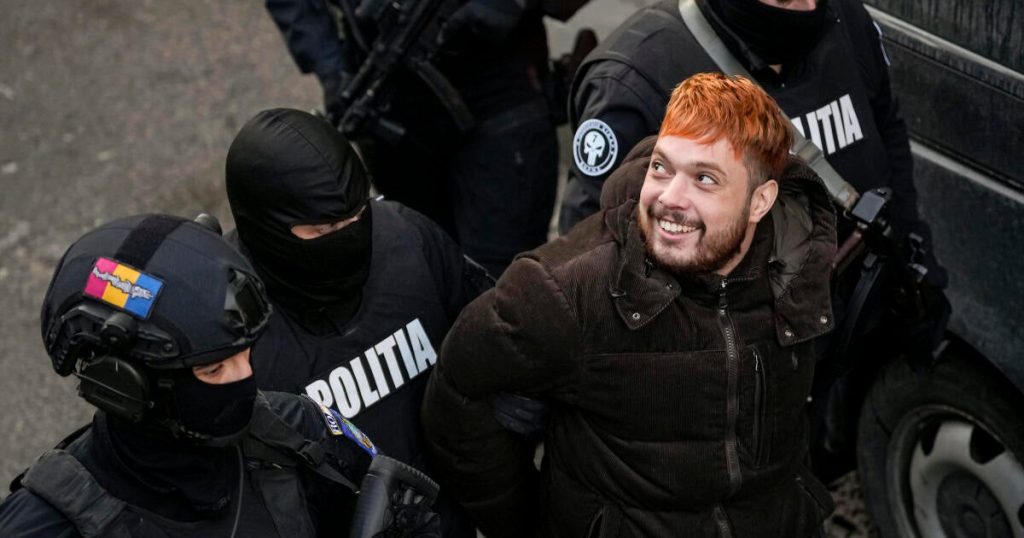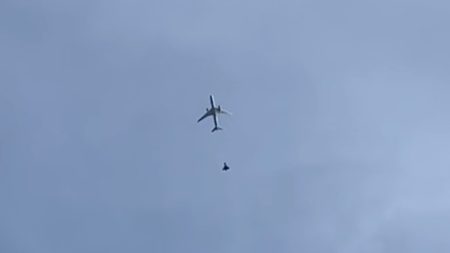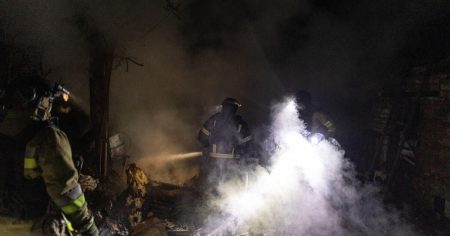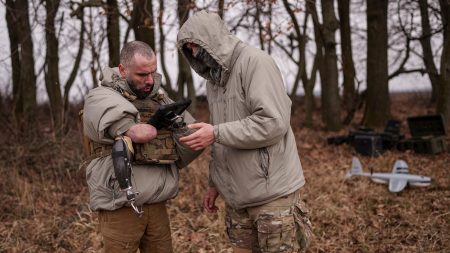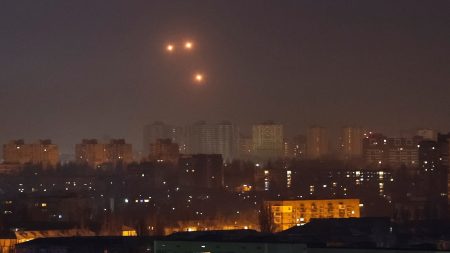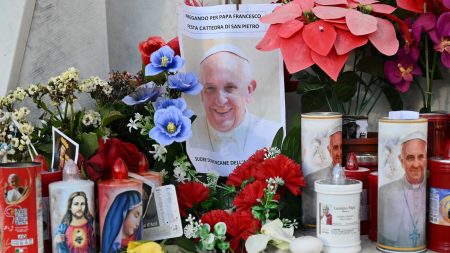The Capture of Mohamed Amra: A Significant Victory for Law Enforcement
In a dramatic turn of events, Mohamed Amra, the fugitive French prisoner notorious for his daring escape, was apprehended in Romania. This arrest marks a crucial triumph for international law enforcement collaboration. Amra, nicknamed "La Mouche" or "The Fly," had evaded capture for nine months following his violent escape. The operation, which also led to the arrest of ten alleged accomplices, underscores the determination and concerted efforts of European authorities to bring him to justice. French President Emmanuel Macron lauded the operation as a "formidable success," highlighting the efficacy of cross-border cooperation.
A Troubling History: The Making of a Notorious Criminal
Mohamed Amra’s criminal trajectory began in his early teens, with a cascade of violent offenses that escalated over the years. His history includes burglary, attempted homicide, and kidnapping, earning him a reputation as a formidable figure in organized crime. Prosecutor Laure Beccuau revealed that Amra’s ties to Marseille’s criminal underworld and his suspected leadership in a drug trafficking network made him a high-priority target. His relentless criminal activities, even from behind bars, posed significant challenges for French authorities, who underestimated his danger for far too long.
The Daring Escape and Intense Manhunt
Amra’s escape from a prison convoy in Normandy last May shocked France, resulting in the tragic deaths of two guards. The ambush, captured on CCTV, was a stark reminder of the brutality associated with organized crime. This incident propelled Amra to the top of France’s most-wanted list, triggering an extensive manhunt involving over 300 investigators. Interpol’s red notice further amplified the search beyond French borders, while technological advances such as facial recognition played a pivotal role in tracking him down in Romania.
The Role of Accomplices in Amra’s Evasion
Ten suspects alleged to have aided Amra’s escape were apprehended across France, primarily in Rouen and Evreux. These individuals are suspected of providing logistical support, from planning the escape to assisting Amra in evading capture. Police raids yielded weapons, further linking the suspects to criminal activities. Their arrest dismantles a crucial network that enabled Amra’s prolonged evasion, illustrating the lengths to which organized crime groups will go to protect their members.
Governmental Response and Prison Reform
In response to Amra’s escape and the broader issues it highlighted, the French government announced significant reforms. Justice Minister Gérald Darmanin outlined plans for a "high-security prison" to isolate top drug traffickers, drawing inspiration from Italy’s anti-mafia measures. The creation of specialized prison police units aims to enhance security and disrupt criminals’ operations behind bars. Darmanin also promised improved working conditions for prison officers, acknowledging systemic flaws that allowed criminals like Amra to continue their activities while incarcerated.
Public Reaction and the Road Ahead
The arrest of Mohamed Amra has brought relief to the families of the slain guards and the French public. His extradition to France signals the next phase in his legal battle. Amra’s case serves as a catalyst for prison reforms and anti-organized crime strategies. By addressing systemic vulnerabilities and enhancing international cooperation, the French government seeks to prevent future incidents of this nature, ensuring public safety remains a top priority. This milestone represents a significant step forward in combating organized crime and highlights the importance of collaborative law enforcement efforts in today’s globalized world.





